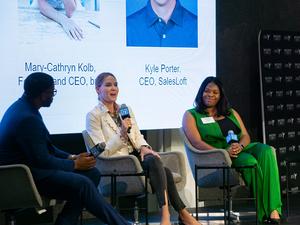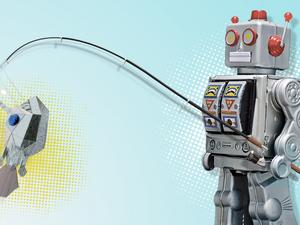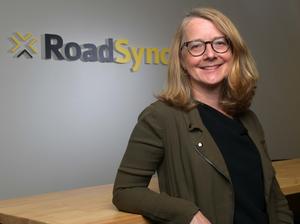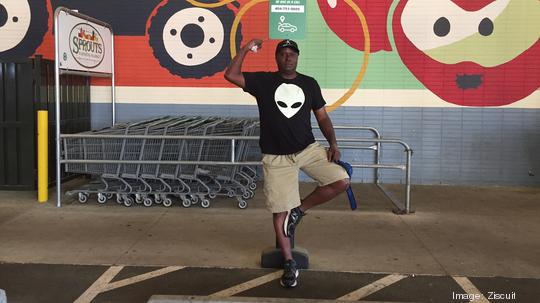
Growing up in Selma, Alabama, Mark Peterson watched his mom spend hours flipping through grocery store flyers, clipping coupons and planning multiple stops to pick up that week’s groceries.
Peterson noticed the savings never matched the amount of effort she would put into the weekly shopping. After spending years as an entrepreneur building technology companies, Peterson’s latest venture is geared toward people for whom — like his family growing up — a little extra savings could go a long way.
The Ziscuit web app allows people to put in their grocery list along with how far they'll go and how many stops they’re willing to make, then the app searches its database to show which stores have the best deals for that day. Peterson says the app could save people $5 to $10 per grocery run.
That concept got Peterson accepted into the Techstars Farm to Fork Accelerator in Minnesota. In about a month, Ziscuit will launch the pilot program in two metro Atlanta ZIP codes, 30058 in Lithonia and 30082 in Smryna. About 1,500 people have pre-registered for the platform, Peterson said.
"These groups are underserved when it comes to tech,” Peterson said. “Everyone is focused on service-oriented customers, but these folks who need it the most have been left out of the equation.”
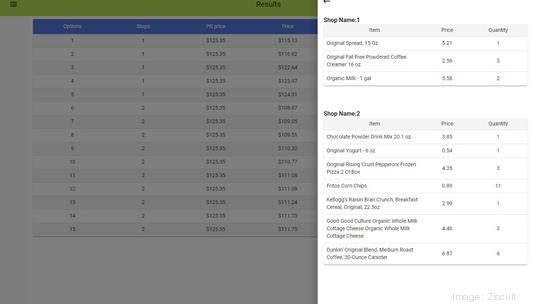
Ziscuit plans to continue expanding through the metro Atlanta area before moving on to other cities. Peterson called Atlanta his “second hometown” and sees a need in the city for the service. The Atlanta Community Food Bank says 11% of people in its 29-county service area are food insecure, compared to 12% in the nation.
The timeline for a citywide and national rollout depends on any updates or changes that need to be made as customers start to use the platform, Peterson said.
The startup gets revenue through brand advertising on its site. For Peterson, the search engine is only the first step toward his passion of reducing hunger, food waste and food deserts.
Ziscuit currently searches grocery, drug, membership and discount stores for items. The next step is adding free food bank inventory to Ziscuit and acquiring expired food to sell at discounted rates, Peterson said.
“Hunger is not a food problem,” Peterson said. “It’s a logistical problem.”
Once more people start to use the platform, he plans to integrate with the stores on Ziscuit, allowing them to see what people plan to purchase so they can buy food accordingly. That planning could reduce food waste in those stores.
“We want to give them aggregated demand, so they know what people want,” Peterson said. “That has a huge benefit to our communities and our environment.”
Eventually, people could purchase their groceries directly from Ziscuit, which could get delivered to refrigerated lockers in community areas, reducing food deserts across the nation. Each of these expansions opens new revenue streams for Ziscuit and allows it to reach more people, Peterson said.
